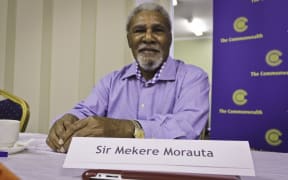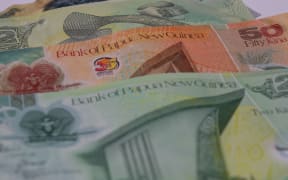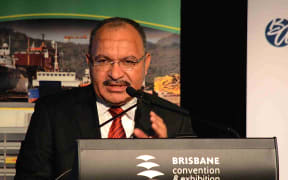Papua New Guinea's Chief Secretary to Government has hit out at what a government press release describes as "ill-informed naysayers who are preoccupied with talking down the national economy".
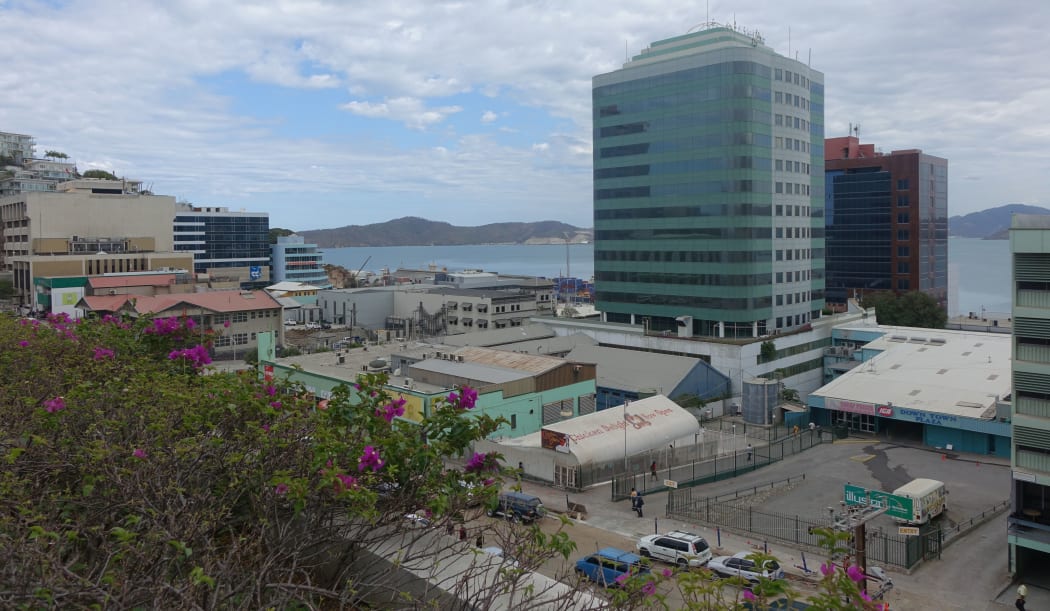
Photo: RNZI / Koro Vaka'uta
Isaac Lupari says people who talk the economy down are ignoring the facts.
Prime Minister Peter O'Neill's political opponents and some economists who specialise in PNG such as Paul Flanagan have warned about his management of the economy, with spiralling debt, foreign currency shortages and troubles with paying public servants.
Mr Lupari has described them as a small group of people obsessed with trying to mislead markets and the nation about the national economy.
While the slump in global commodity prices has hurt PNG significantly, it is largely outside the government's control.
However Mr Lupari says that as commodity prices have recently started to rise again the economy has been seeing an easing from global pressures.
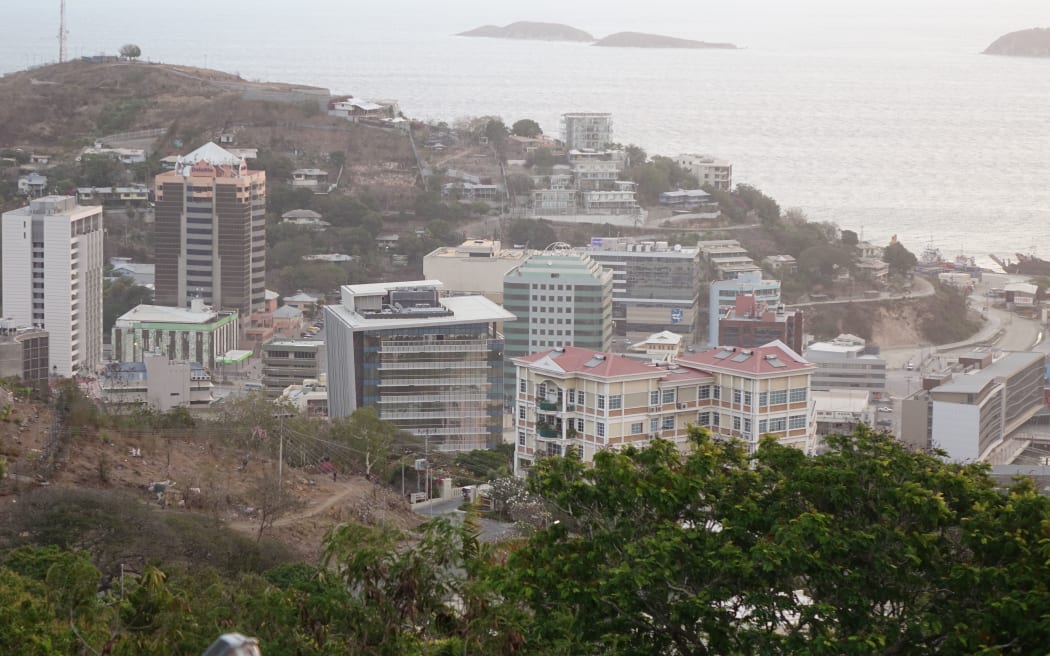
Port Moresby CBD. Photo: RNZI / Koro Vaka'uta
The Chief Secretary claims the economy is growing and that the macroeconomic environment is stable and conducive to investment.
According to the Bank of Papua New Guinea, PNG's agriculture export income in 2015 was less than half of 2011 levels.
The decline is partly attributed to lower export prices, but also to significantly lower production levels.
However Mr Lupari says more recently there's been an upwards trend in price for agricultural products, such as coffee, cocoa, copra and rubber.
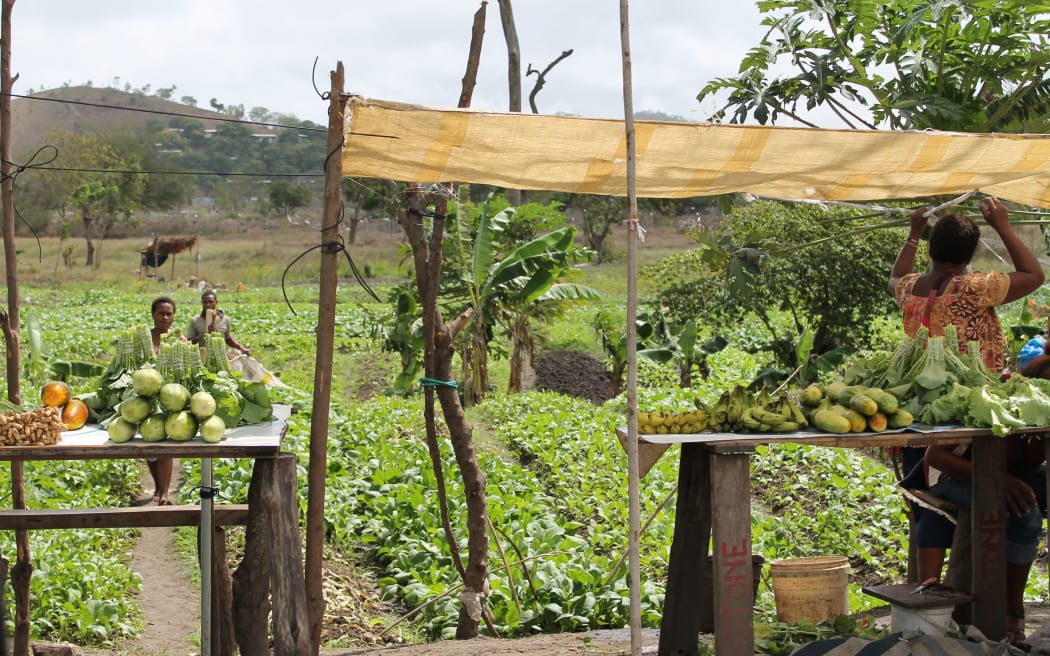
Food production in Papua New Guinea Photo: RNZ / Johnny Blades
Additionally, he said, "the price of oil has doubled in recent months and other resource prices are following the same upward trajectory".
On the matter of debt, Mr Lupari said PNG's debt-to-GDP ratio was well within standard limits at 28.5% of GDP, below the legal limit of 35% of GDP.
"National debt is very manageable with 80% being domestic, and the remaining 20% being mostly concessional loans that do not carry substantial burden in servicing requirements," he said.
"The budget is intentionally in deficit and this is commonsense for current global conditions, and will return to surplus in coming years through a managed process."
